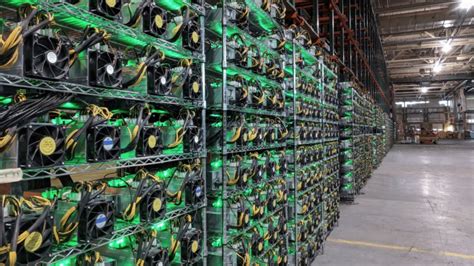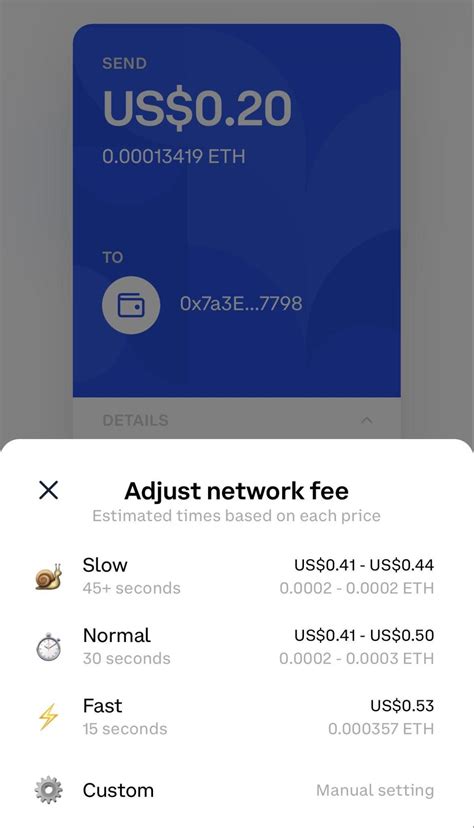when are miner fees the cheapest ,miner fee coinbase wallet,when are miner fees the cheapest, Fees: Charges a low fee of just 1%, making it competitive among major pools. Multi-Currency Support: Clover Pool supports mining for various cryptocurrencies, including Bitcoin (BTC), Bitcoin Cash (BCH), Litecoin (LTC), . Buying Affordable Used Rolex Watches. A pre-owned Rolex is often the quickest and cheapest way to acquire a watch from the Geneva-based manufacturer. The selection is vast, ranging .

Bitcoin, often celebrated as a revolutionary and decentralized form of currency, is sometimes marketed as a way to make low-cost payments. However, when users attempt to make transactions or engage with the network, they often come face-to-face with the reality of miner fees. These fees, while a critical component of how the Bitcoin network functions, can seem confusing and sometimes high, particularly when trying to send or receive coins. But why do these fees exist? When are they the cheapest? And how can Bitcoin users optimize their experience in relation to these costs?
1. Understanding Miner Fees
Before diving into when miner fees are the cheapest, it's essential to first understand what these fees are and why they are necessary. At its core, Bitcoin is a decentralized network of computers—called miners—that validate transactions. These miners ensure that the Bitcoin network is secure, prevents double-spending, and maintains a public ledger of all transactions (the blockchain). In exchange for this computational work, miners are rewarded with Bitcoin (through block rewards) and transaction fees.
# The Role of Miner Fees
In the Bitcoin network, every transaction that occurs needs to be processed and added to the blockchain. Miners compete to verify transactions and bundle them into a new block, which is then appended to the blockchain. To incentivize miners to do this work, transaction senders must pay a miner fee. These fees are crucial for a few reasons:
1. Incentivize Miners: Without miner fees, there would be no financial incentive for miners to maintain the network and validate transactions.
2. Security of the Network: By offering rewards, miners are encouraged to secure the network and make it less susceptible to attacks.
3. Prevent Spam Transactions: High fees help deter people from flooding the network with worthless transactions that would otherwise slow down processing times.
2. Why Miner Fees Can Be Expensive
When Bitcoin's popularity surges, or when the network becomes congested, the miner fees can increase dramatically. Here’s why:
1. Block Size and Throughput Constraints: Bitcoin’s block size is limited (currently 1 MB), meaning only a certain number of transactions can be processed in each block (roughly 2,000-3,000 transactions per block). If more transactions are trying to get into the next block than can fit, users can increase their miner fee to incentivize miners to prioritize their transaction.
2. Supply and Demand: Just like any other market, the price of miner fees is determined by supply and demand. When many people are trying to send Bitcoin at the same time (e.g., during market booms or major news events), the demand for transaction processing increases, causing the miner fees to rise. Conversely, when fewer people are transacting, the fees tend to drop.
3. Network Upgrades and Technical Constraints: Periodic network upgrades (like SegWit and Taproot) aim to improve Bitcoin’s scalability and lower transaction costs. However, Bitcoin's underlying protocol still faces challenges in processing large volumes of transactions. These upgrades address efficiency, but they still do not eliminate congestion altogether, especially in periods of high demand.
3. Coinbase and Miner Fees
When it comes to paying miner fees, many Bitcoin users turn to platforms like Coinbase. Coinbase is one of the most popular cryptocurrency exchanges, and it allows users to buy, sell, and send Bitcoin easily. However, many users are often puzzled by how Coinbase handles miner fees and how these fees compare to those found on other wallets or exchanges.
# Coinbase Miner Fees
Coinbase charges a fee for facilitating Bitcoin transactions, and this fee is often a combination of a network fee (paid to miners) and a transaction fee (paid to Coinbase for their service). The network fee fluctuates depending on current network conditions, as it is tied to the miners who process the transaction. The transaction fee, on the other hand, is set by Coinbase and varies depending on factors like the size of the transaction and whether or not you're using Coinbase Pro or the standard Coinbase platform.
# Coinbase Mining Fees Explained
When using Coinbase to send Bitcoin, the platform determines the optimal miner fee based on current network congestion. This ensures that your transaction is processed in a timely manner without overpaying. For example, Coinbase will automatically adjust the fee based on the size and urgency of the transaction. If you're sending Bitcoin during a low-traffic period, the fee will be lower, but if you’re sending Bitcoin during a surge in demand (like during a price rally), the fee will be higher.

when are miner fees the cheapest Find the nearest Official Rolex Jeweler in Baltimore, Maryland, United States. Official Rolex Jewelers provide expert guidance on the purchase and care of your Rolex watch.
when are miner fees the cheapest - miner fee coinbase wallet